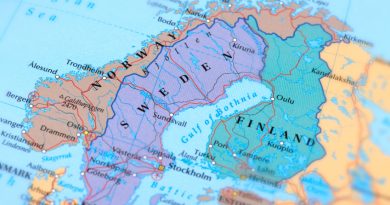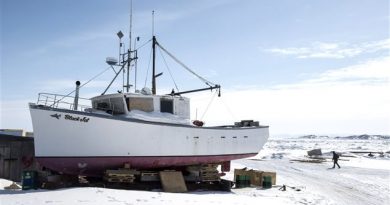Study touts domestic tourism potential in Nordics, custom approach needed for Arctic
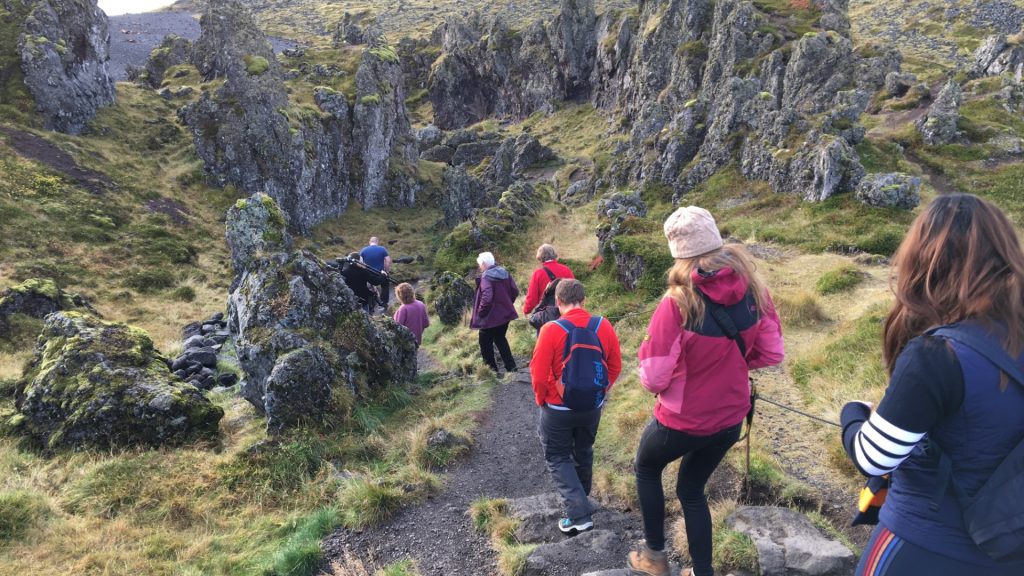
A new report is highlighting the untapped potential of domestic tourism in the Nordics, saying cultivating this segment of the industry could help make the sector more resilient in the aftermath of COVID-19 or future disruptions to international travel.
“According to the results, Covid-19 pandemic and related restrictions on international tourism – both outbound and inbound – served as an eye-opener to the significance of domestic tourism in the Nordic countries and autonomous areas,” the report “Exploring Domestic Tourism in the Nordics,” the report said.
“Development of the domestic tourism sector was a low-priority effort compared to development of inbound tourism in all the Nordic countries before the pandemic. Loss of inbound tourism during the pandemic served as a catalyst for a breakthrough of domestic tourism to the agendas of tourism developers at the local, regional, and national level.”

The report was undertaken to better understand the value of the domestic market and the interests of domestic travellers. The study put together researchers from different Nordic countries who conducted statistical and literature reviews, interviews with tourism experts, workshops, and through surveys sent to tourism employees, organizations.
The countries included were: Denmark, Finland, Iceland, Norway and Sweden, and the autonomous regions of Aland, Greenland and the Faroe Islands.
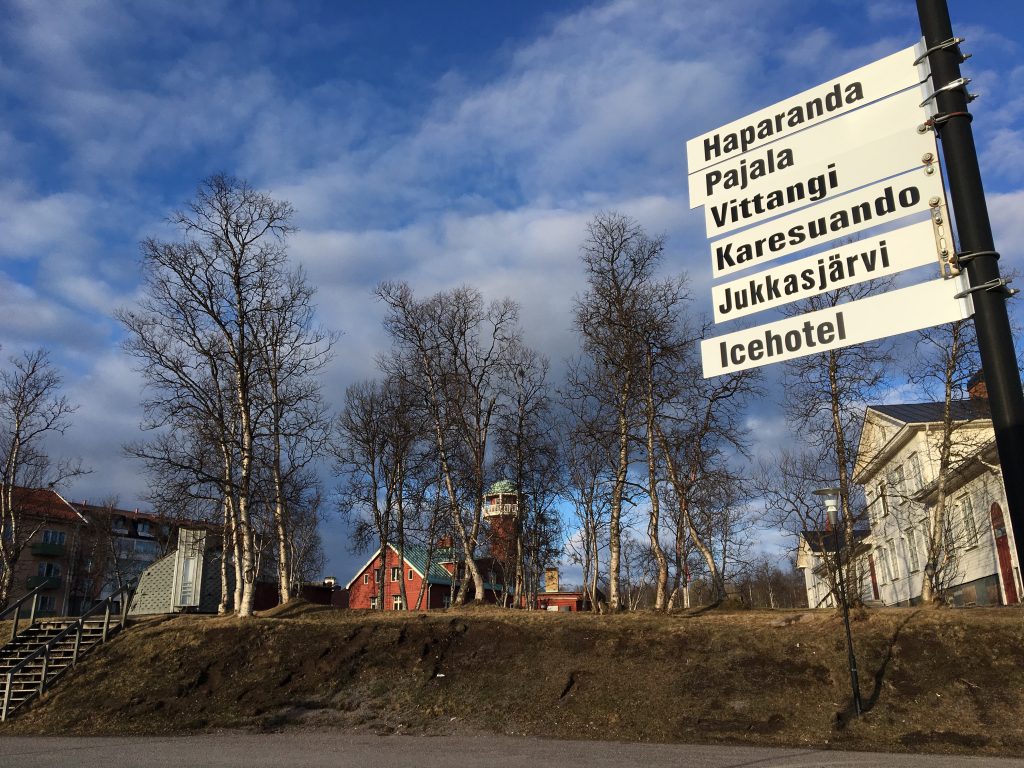
Investment in domestic tourism yielding results
The authors found that despite the end of COVID-19 travel restrictions, international travel into the Nordic countries still has not rebounded to pre-pandemic levels, except in the autonomous areas.
However, those that have focused resources on domestic tourism have seen significant growth.
“Investing in domestic tourism has helped tourism enterprises in the Nordic countries not only to survive the COVID-19 crisis, but also to be able to grow during it,” the study said.
“In the survey, 58 per cent of those companies that have invested more into domestic tourism compared to pre-Covid situation also reported to have more domestic customers, whereas only 22 per cent of those companies who have not invested more report to have more domestic customers.”
Arctic residents need bespoke approach
Among the report’s findings were the need for more research on domestic tourism in the different markets, better cooperation between Nordic countries on developing domestic tourism and increased marketing focused on domestic travel.
In addition, the study found that interest in nature and valuing quality over quantity were uniform priorities for domestic travellers no matter what Nordic country they were from.
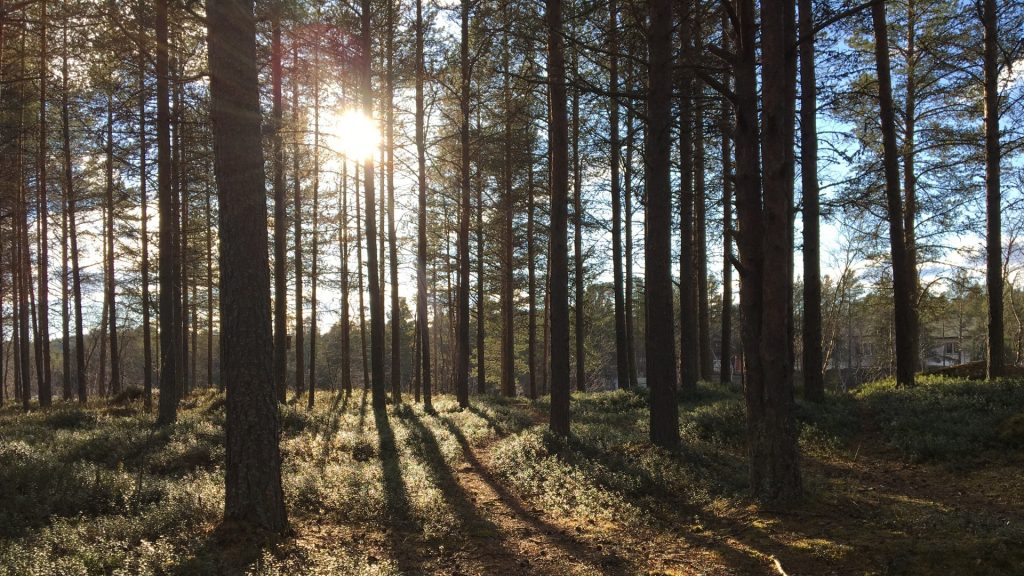
The authors said this provides greater avenues to develop inter-Nordic tourism as well.
“Given similar preferences of the domestic tourists in the Nordic countries, products created to serve domestic markets in any Nordic country can be readily marketed in other Nordic countries as well,” the study said.
However, when it comes to Arctic tourism, northern residents will require a bespoke approach, the research indicated.
“For example, it is hard to sell the local Arctic way of living to Greenlanders, since they already know about the local culture of Greenland,” the report said.
“With domestic tourists demonstrating relatively less interest in the local culture and history, marketing efforts targeting domestic tourists have focused more on promoting national parks, ice caps, fjords and UNESCO world heritage sites in Greenland.”
The study was funded by the Nordic Council of Ministers and coordinated by Finland’s Ministry of Economic Affairs and Employment of Finland.
Comments, tips or story ideas? Contact Eilís at eilis.quinn(at)cbc.ca
Related stories from around the North:
Canada: Airlines’ new routes from N.W.T. to Ontario can capitalize on int’l tourism: expert, CBC News
Iceland: Iceland moving ahead on better ways to manage tourism & safeguard protected areas, Eye on the Arctic
Russia: Old icebreakers eye upgrades for Murmansk-Vladivostok tourism, The Independent Barents Observer
Sweden: Reindeer herding affected by increased tourism in Swedish mountains, Radio Sweden


